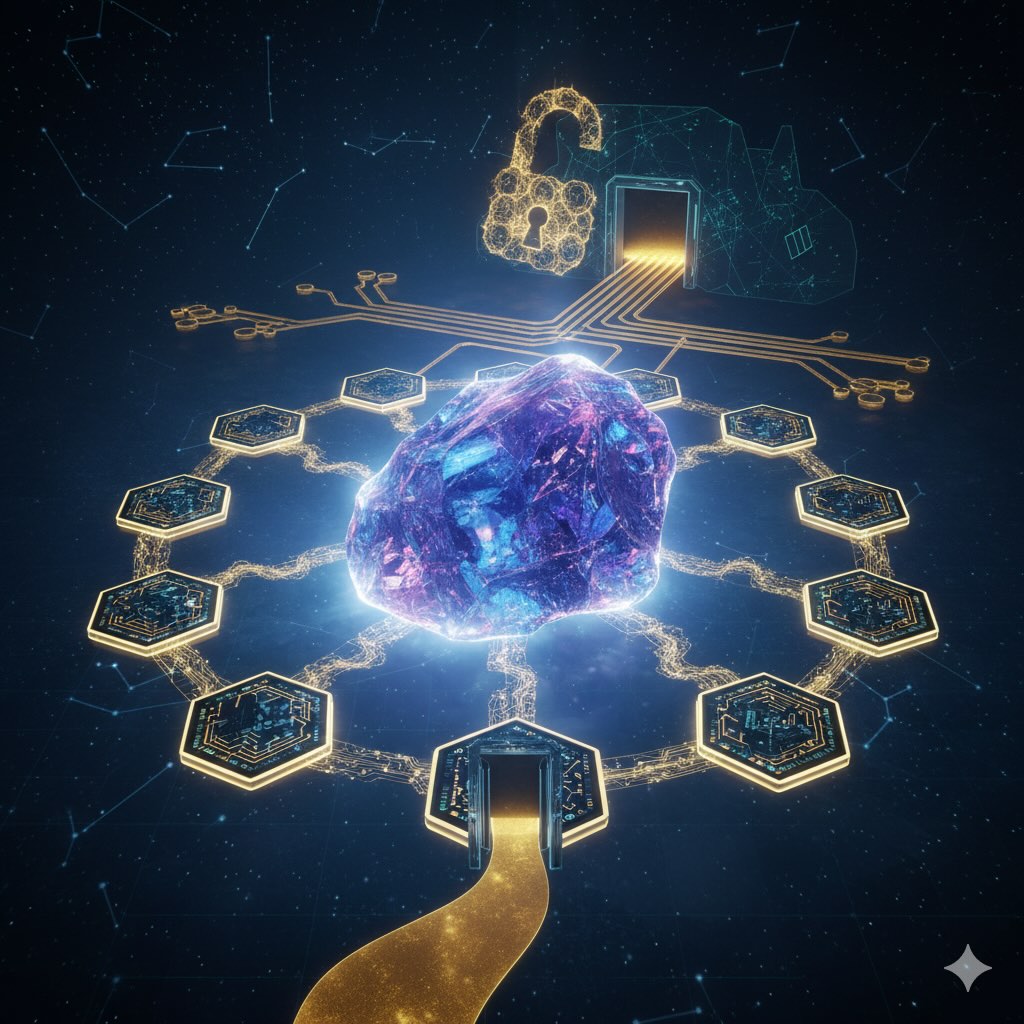The digitization of real estate investment through tokenization has revolutionized many aspects of the industry, but one area that has become even more critical is due diligence. While technology has made real estate investment more accessible, it has also made thorough vetting processes more important than ever. In the digital age, due diligence for tokenized properties requires a combination of traditional real estate analysis and cutting-edge technological verification.
The Evolution of Real Estate Due Diligence
Traditional real estate due diligence has always been a comprehensive process involving legal, financial, physical, and market analysis. However, tokenization introduces new layers of complexity:
- Digital Asset Verification: Ensuring the token accurately represents the underlying real estate
- Smart Contract Auditing: Verifying that automated systems function as intended
- Platform Security: Assessing the technological infrastructure supporting the investment
- Regulatory Compliance: Confirming adherence to securities laws and tokenization regulations
Enhanced Property Analysis
Tokenized real estate due diligence begins with comprehensive property analysis that goes beyond traditional methods:
Digital Property Documentation
Modern due diligence leverages digital tools to create comprehensive property records:
- 3D property scans and virtual tours for remote inspection
- Drone surveys for exterior and roof condition assessment
- IoT sensors for real-time monitoring of building systems
- Digital document management for all property records
Advanced Valuation Methods
Tokenized real estate due diligence employs sophisticated valuation methods:
- AI-powered valuations that analyze vast amounts of market data
- Real-time market analysis and comparable sales tracking
- Predictive analytics for future property performance
- Blockchain-based comparables from other tokenized properties
Technology Infrastructure Due Diligence
Smart Contract Auditing
One of the most critical aspects is thorough auditing of smart contracts:
- Line-by-line code review by experienced blockchain developers
- Comprehensive security testing for vulnerabilities
- Functionality verification to ensure contracts perform as intended
- Emergency procedure verification for risk management
Platform Security Assessment
The tokenization platform itself must undergo rigorous assessment:
- Cybersecurity audit of platform security measures
- Data protection and privacy evaluation
- Regulatory compliance verification
- Operational controls and risk management assessment
Legal and Regulatory Due Diligence
Securities Law Compliance
Tokenized real estate investments must comply with complex securities regulations:
- Registration requirements and exemption verification
- Disclosure compliance and completeness
- Investor suitability and accreditation verification
- Ongoing reporting and compliance obligations
Cross-Border Regulatory Analysis
Many tokenized investments involve cross-border elements:
- Multi-jurisdictional compliance requirements
- Tax implications for international investors
- Foreign investment restrictions and compliance
- Currency and exchange control considerations
Financial Due Diligence in the Digital Age
Enhanced Financial Analysis
Digital tools enable more sophisticated financial analysis:
- Real-time financial monitoring and reporting
- Automated financial analysis and benchmarking
- Predictive modeling for various market scenarios
- Comparison with other tokenized and traditional investments
Token Economics Analysis
Understanding the economic structure requires specialized analysis:
- Token distribution and stakeholder analysis
- Fee structure and cost analysis
- Governance rights and voting mechanisms
- Liquidity mechanisms and secondary market access
Risk Assessment and Management
Technology Risks
Tokenized investments involve unique technology risks:
- Smart contract vulnerabilities and bugs
- Blockchain network risks and scalability
- Cybersecurity threats and data breaches
- Technology obsolescence and upgrade risks
Market and Liquidity Risks
Secondary market development creates new risk considerations:
- Market depth and liquidity availability
- Price volatility and market manipulation
- Regulatory changes affecting trading
- Platform dependency and concentration risk
Best Practices for Tokenized Real Estate Due Diligence
Multi-Disciplinary Approach
Effective due diligence requires expertise across multiple disciplines:
- Real estate professionals for property analysis
- Blockchain developers for technology assessment
- Legal experts for regulatory compliance
- Financial analysts for economic evaluation
Continuous Monitoring
Due diligence doesn't end at investment; ongoing monitoring is essential:
- Real-time property performance tracking
- Technology system monitoring and updates
- Regulatory compliance monitoring
- Market condition and risk assessment updates
Conclusion
Due diligence in the digital age requires a comprehensive approach that combines traditional real estate expertise with cutting-edge technology assessment. While tokenization creates new complexities, it also provides new tools and capabilities that can enhance the due diligence process when properly implemented.
At RealPort, we've developed comprehensive due diligence processes that address all aspects of tokenized real estate investment, from property analysis and technology assessment to regulatory compliance and risk management. Our multi-disciplinary approach ensures that every investment opportunity is thoroughly vetted before being made available to our investors.
The future of real estate due diligence is digital, data-driven, and more comprehensive than ever before. By embracing these new capabilities while maintaining rigorous standards, we can provide investors with the confidence they need to participate in the tokenized real estate revolution.




